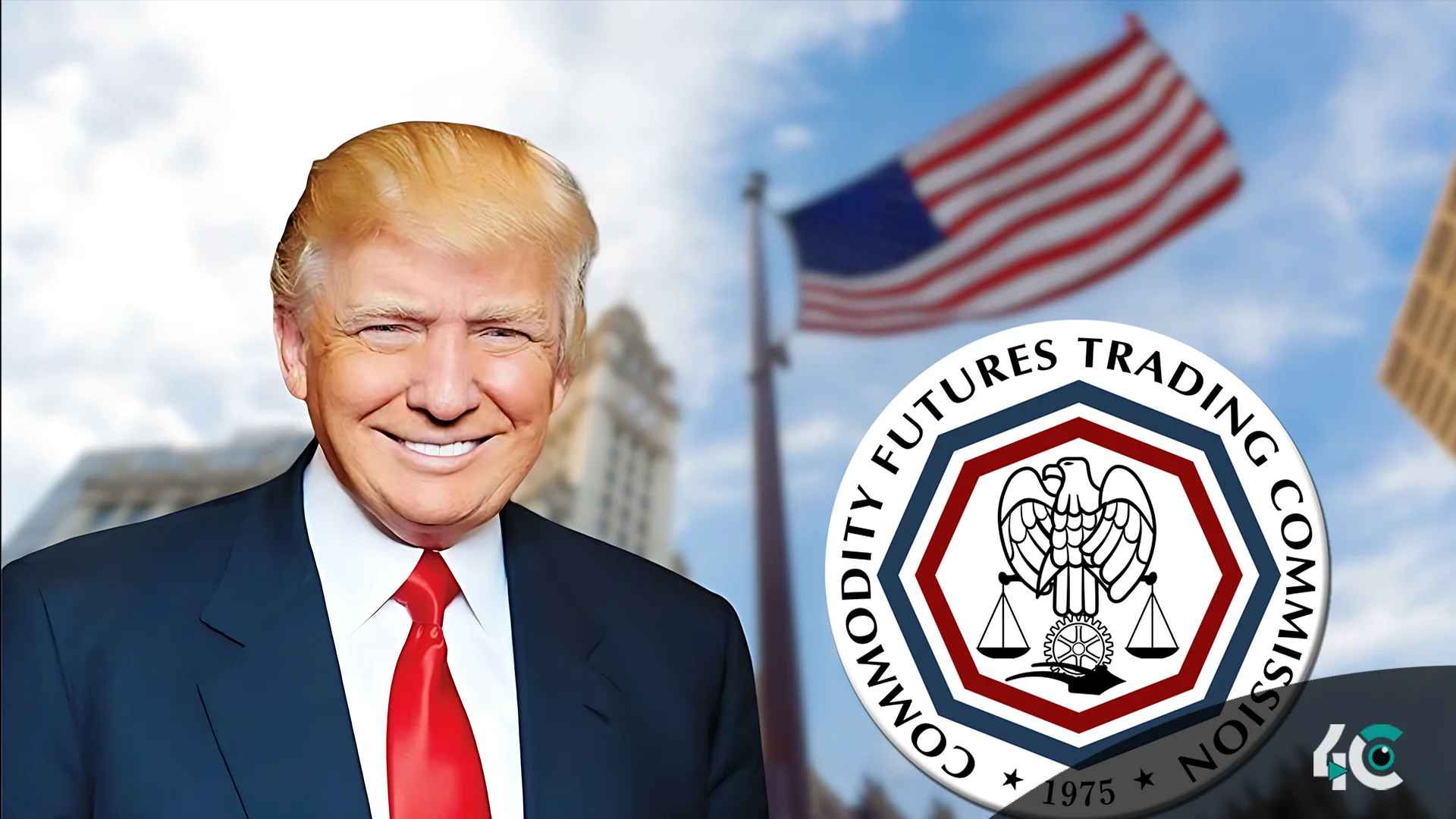Brian Quintenz, a former CFTC commissioner, is apparently the top candidate for the CFTC chair position under the Trump administration. The appointment of Quintenz, well-known for his pro-crypto stance, could signal a dramatic shift in regulatory priorities for the industry.
Quintenz, who presently heads policy at Andreessen Horowitz’s crypto division (a16z), has substantial experience in financial regulation. He worked at the CFTC from 2017 to 2021, focusing on incorporating digital asset derivatives within the agency’s framework. His initiatives focused on stimulating innovation while preserving market integrity and investor protection.
Quintenz, who works at a16z, continues to fight for balanced cryptocurrency rules that promote growth while addressing dangers. The firm, a key investor in blockchain and cryptocurrency startups, has supported high-profile initiatives such as Solana, Avalanche, and Coinbase, solidifying its position in the industry.
Addressing Regulatory Ambiguity.Quintenz’s probable appointment comes at a critical time for the cryptocurrency industry, which has suffered regulatory uncertainty as a result of the CFTC and SEC’s overlapping responsibilities. He has been vocal about the importance of clear jurisdictional limits, specifically criticizing the SEC’s inconsistent regulation of cryptocurrencies such as Ether.
Quintenz claims that the SEC’s acceptance of Ether futures ETFs contradicts its position on Ether’s classification as a security. His leadership at the CFTC might provide much-needed clarity to these discussions, benefiting the industry by clarifying major regulatory issues.
A New Direction in Crypto RegulationThe Trump administration seems committed to hiring pro-crypto individuals, suggesting a shift towards clearer and more innovative policies. Analysts believe Quintenz’s leadership might help build a regulatory climate in which digital assets can thrive while maintaining investor protection and market stability.
If appointed, Brian Quintenz’s skills and vision could play a critical role in molding the future of US cryptocurrency rules, ushering in a period of progress and clarity in the market.
































